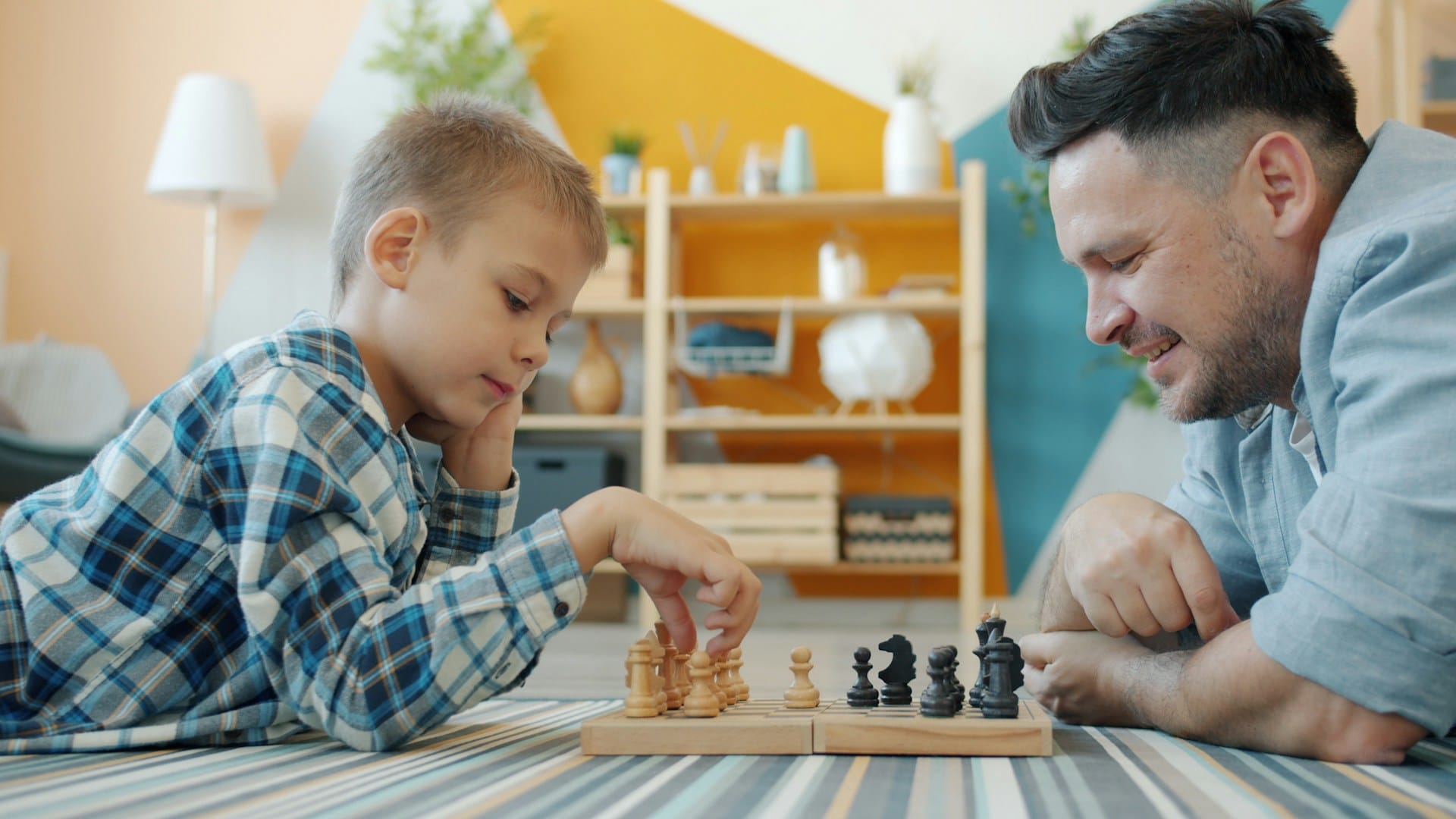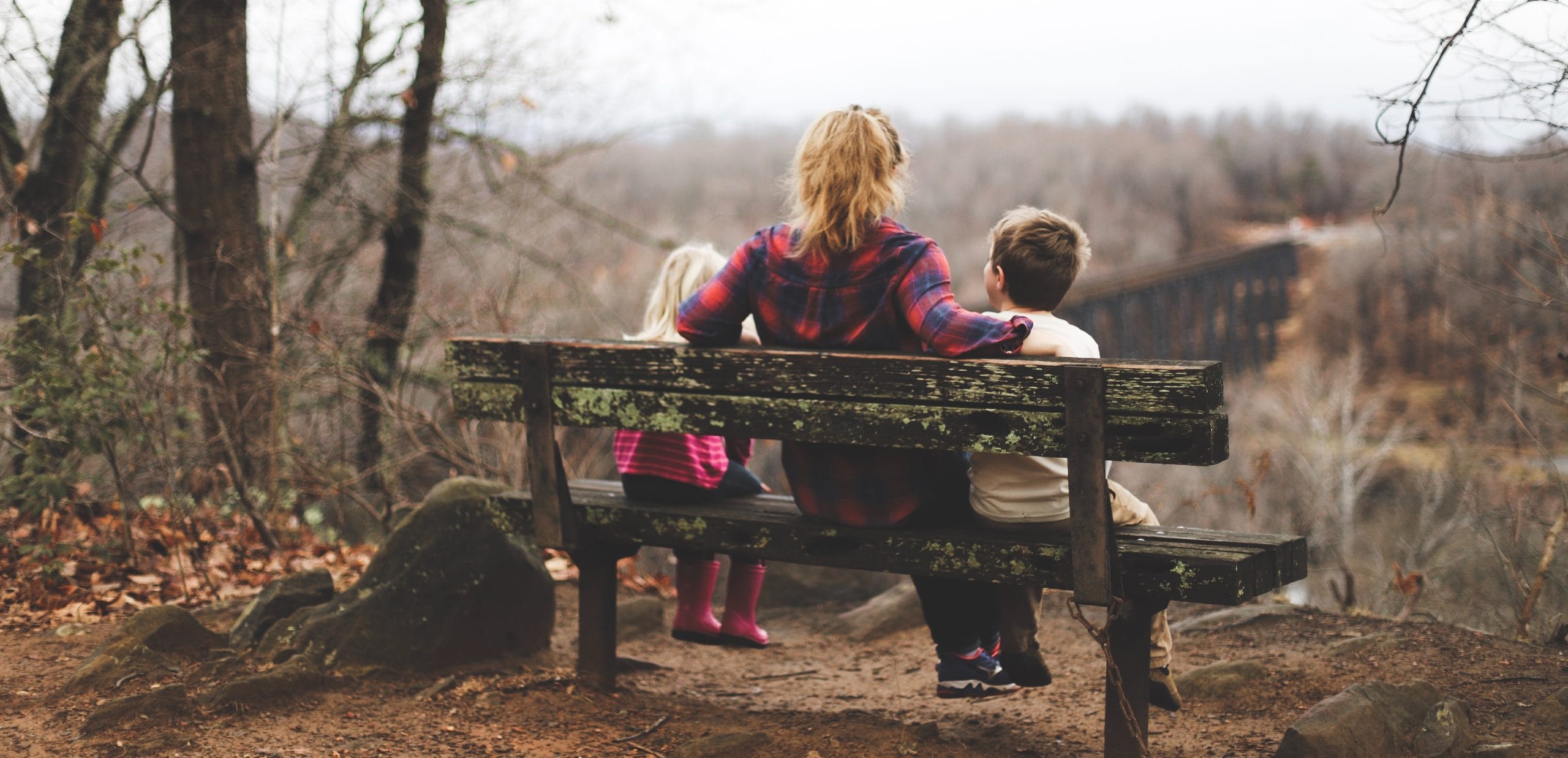It can be difficult to know when to ask your child to go to therapy, but some signs may point to the need for qualified assistance. Learn more about child therapy, how it functions, and when you might want to give it some thought.
How does child therapy work and what is it?
A particular focus of child therapy is on your child’s healthy development in the emotional, physical, behavioral, and cognitive domains. Counselors for children can assist children with a wide range of problems, including trauma, anxiety, depression, behavioral issues, and social skill deficiencies. To assist children, child counselors employ a range of strategies, including play therapy, art therapy, and talk therapy. Frisco Christian Counseling offers specialized services to support your child’s well-being, helping them navigate challenges and develop essential coping skills.
Play therapy, which can be either directive or nondirective, uses play to help children more effectively express their emotions.
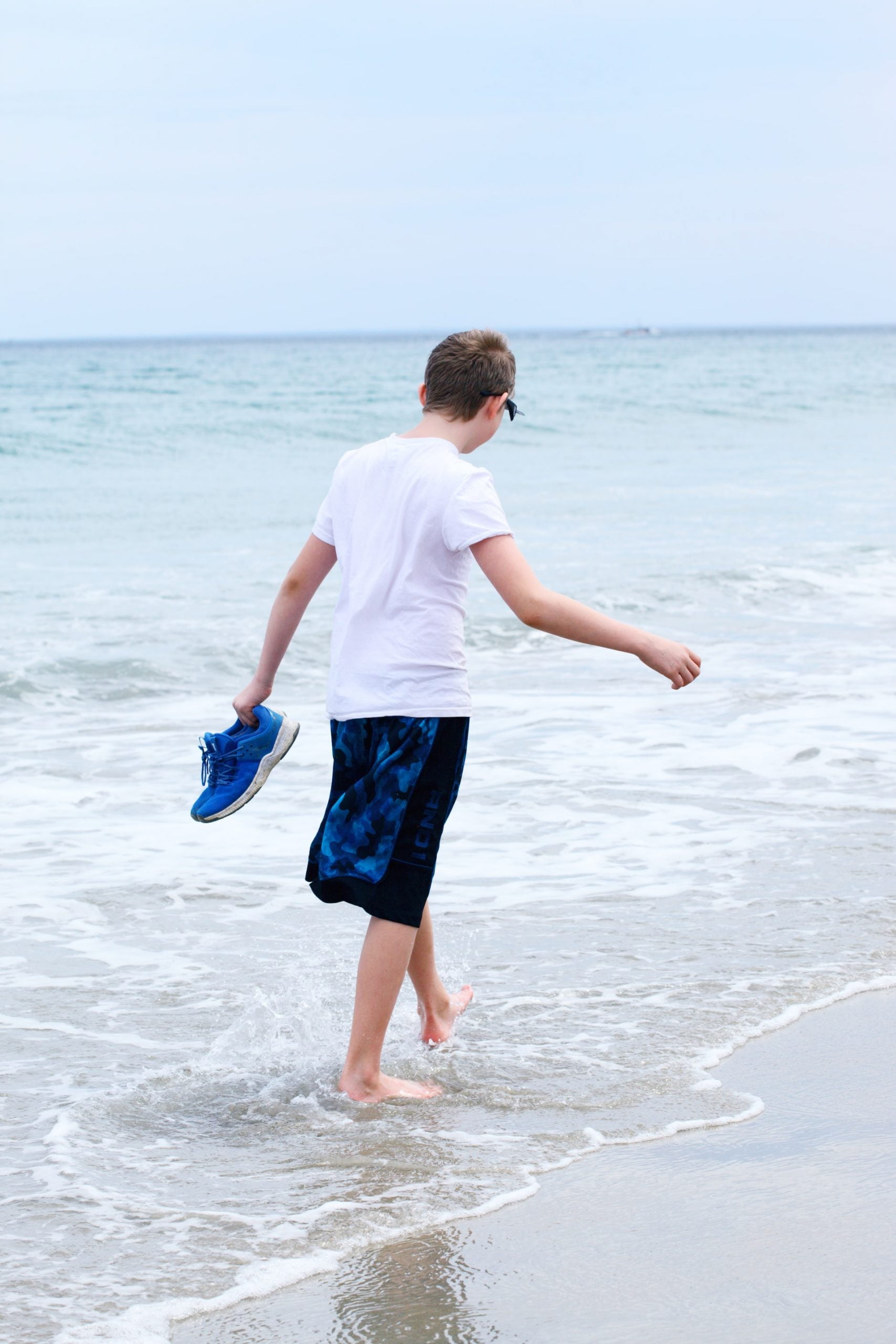
A specific objective guides the structure of directive play therapy. The therapist actively participates in choosing the playthings and activities. For instance, they offer the child a puppet to start a conversation with them about their current circumstances.
The child chooses the toys and materials they want to use in non-directive play therapy. The child guides the play session with little guidance from the therapist, who provides a supportive, nonjudgmental environment.
Children who may have trouble expressing their feelings verbally can use art therapy to do so. A variety of artistic techniques, such as painting, sculpture, collage-making, and drawing, may be used by an art therapist.
Talk therapy entails discussing feelings and experiences with a therapist. Cognitive behavioral therapy (CBT) and acceptance and commitment therapy (ACT) are two of the most widely used forms of talk therapy.
Cognitive Behavioral Therapy and Acceptance and Commitment Therapy
CBT is a popular form of talk therapy that aids kids in developing the ability to control their emotions and behavior. CBT focuses on altering unfavorable thought patterns to alter unfavorable behaviors. CBT teaches kids problem-solving abilities as well as how to understand and express their emotions appropriately as well as how to recognize and label their feelings.
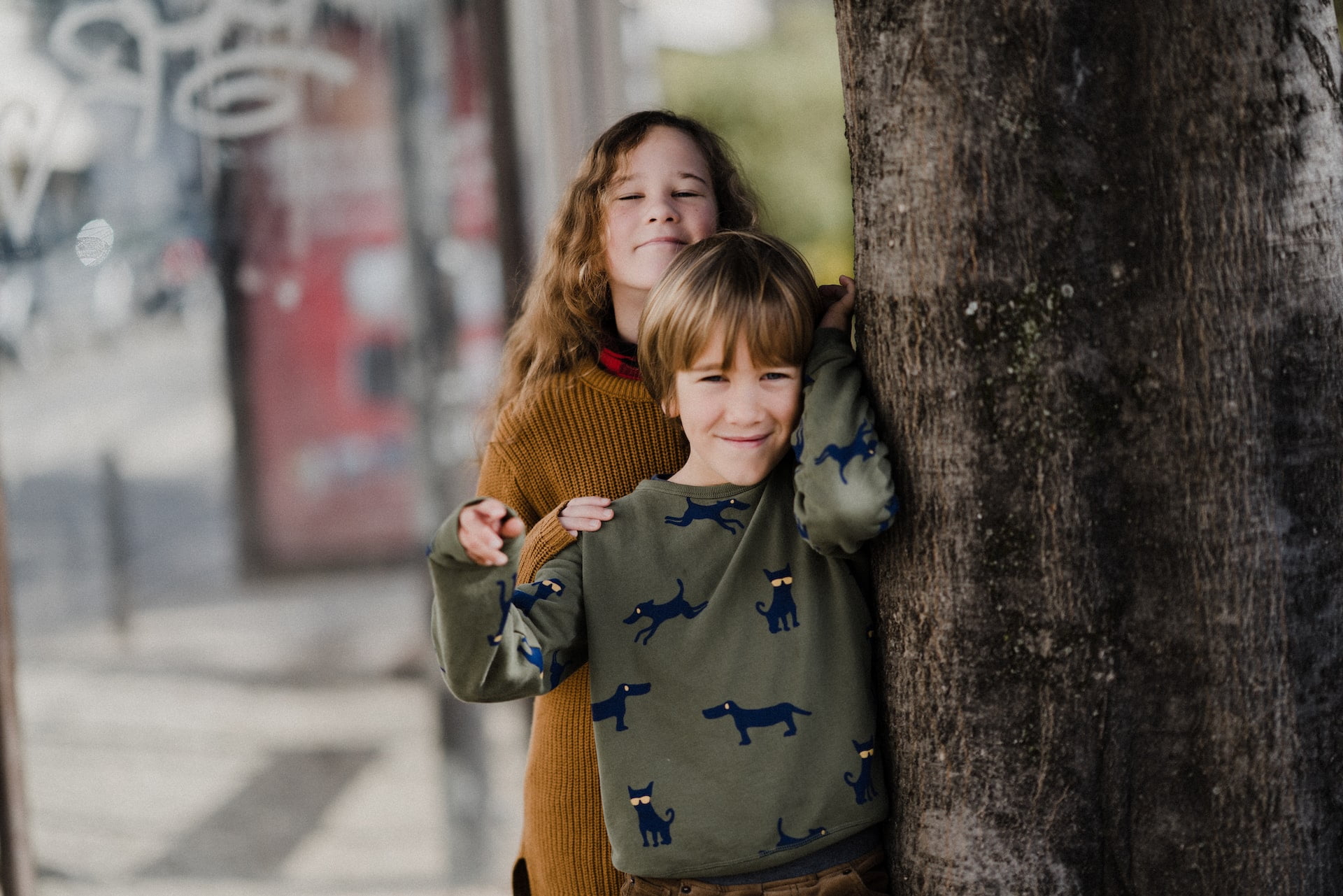 Through CBT, the child can learn to identify and combat their unfavorable thoughts, which will inevitably result in better mental health and greater self-confidence. The main goal of ACT is to assist kids in identifying and changing their fundamental opinions, ideals, and presumptions about the world and themselves.
Through CBT, the child can learn to identify and combat their unfavorable thoughts, which will inevitably result in better mental health and greater self-confidence. The main goal of ACT is to assist kids in identifying and changing their fundamental opinions, ideals, and presumptions about the world and themselves.
The objective is to support kids in becoming self-aware, accepting, and capable of committing to positive change. It also highlights the value of mindfulness, which is the capacity to be in the present and judgment-free while doing so.
Additionally, ACT teaches kids how to handle challenging emotions successfully by using strategies like refocusing and accepting without judgment. Anxiety disorders, depression, and conduct disorders are just a few of the child mental health conditions that ACT and CBT are effective in treating.
Why some children need child therapy
Children today deal with a lot more, as many parents would agree. It’s understandable why kids sometimes find it difficult to deal with the back-to-school rush, bullies in the classroom, and concerns about the Covid pandemic.
They are struggling academically.
For many kids, the start of the school year is an exciting but also stressful time. The beginning of a new school year can cause anxiety and depression in some kids, especially those who are being bullied.
Some students may experience difficulties in other areas all academic year. Therapy can assist your child in learning how to pinpoint the source of their academic struggles or manage their stressors if they frequently disrupt class or have trouble keeping up with their work.
They have encountered bullying.
Bullying is a serious issue that can affect its victims for a long time. One in four (24%) children (or nearly 67% of children) report having experienced bullying at some point. Bullied kids may experience depression, anxiety, and low self-esteem. Your child can learn constructive coping mechanisms and exercises from a child therapist, who can also offer support and direction.
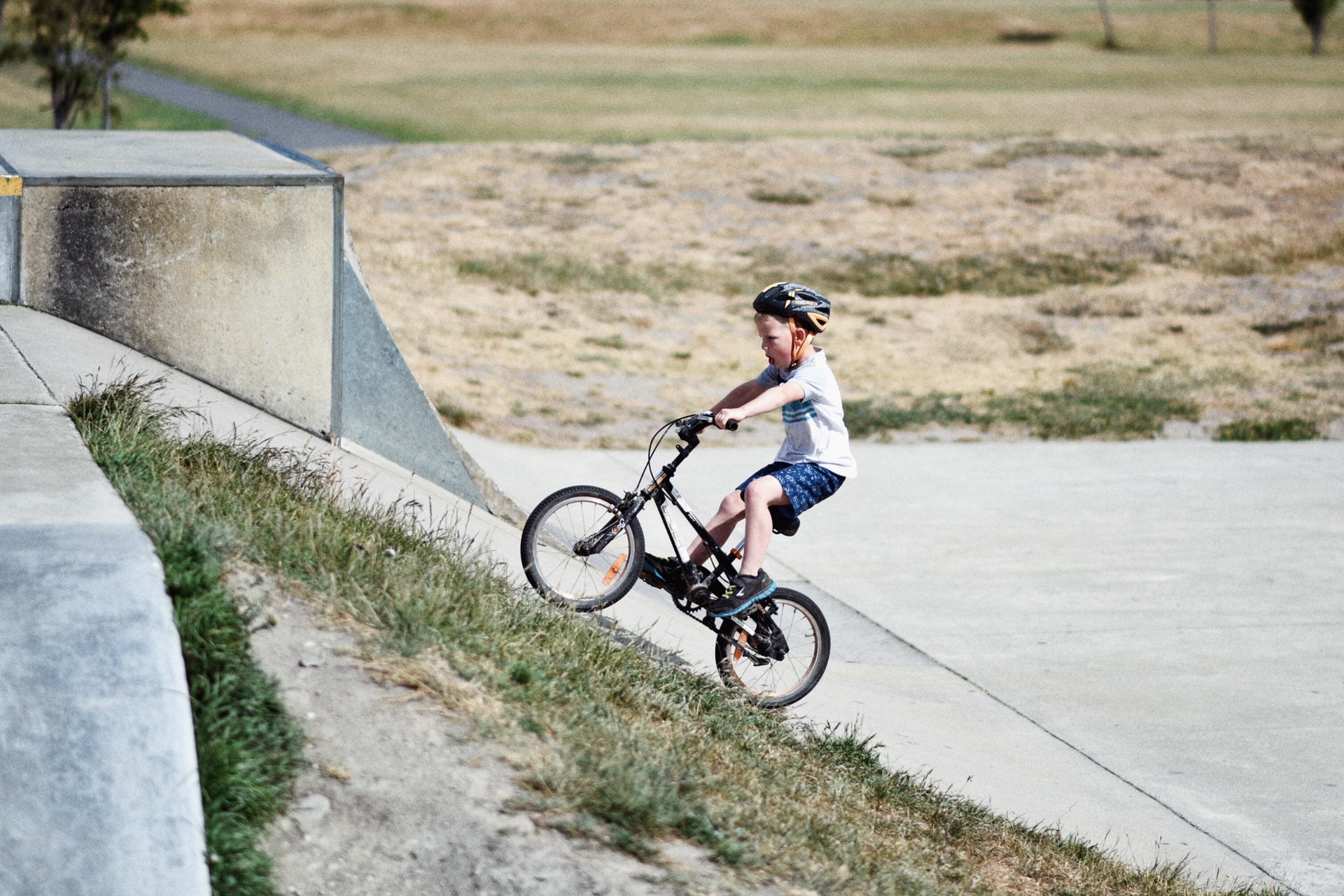 However, what if your child is a bully? Bullying is frequently a way for kids to express repressed sadness, insecurity, or rage. Your child can work with child counselors to comprehend the underlying causes of their bullying behavior.
However, what if your child is a bully? Bullying is frequently a way for kids to express repressed sadness, insecurity, or rage. Your child can work with child counselors to comprehend the underlying causes of their bullying behavior.
Child counselors can assist your child in discovering healthier ways to cope with their feelings by assisting them in understanding and processing these emotions. They can impart new coping mechanisms, social abilities, and anger management skills to your child.
Counselors for children can also offer advice and support to you as a parent. They can assist you in creating a parenting plan that meets your child’s needs and works to deter bullying in the future.
They struggle to make or maintain friendships.
Therapy can assist your child in learning the social skills required to form and maintain relationships if they are struggling to make or keep friends. The identification of any unfavorable thought patterns or behaviors that might be preventing them from making healthy friendships is another benefit of child therapy.
They’re acting violently or defiantly.
Children who are experiencing emotional difficulty may act out to express their emotions. This may show up as fighting with siblings at home or getting into trouble at school.
The primary cause of school exclusion was poor classroom behavior. The likelihood of exclusion from school was higher for children with learning disabilities and mental health diagnoses than for other children. Your child may need assistance in learning how to deal with their emotions in a healthy way if they frequently test boundaries or act out in anger.
They went through a traumatic experience.
Therapy can aid your child in processing their emotions and beginning to heal if they have gone through a traumatic event, such as the loss of a loved one, a natural disaster, or abuse.
Signs your child may be battling depression or anxiety.
It can be challenging for parents to determine whether their children are simply going through a phase or whether they might be dealing with something more serious. Here are a few indicators that your child may be experiencing anxiety or depression:
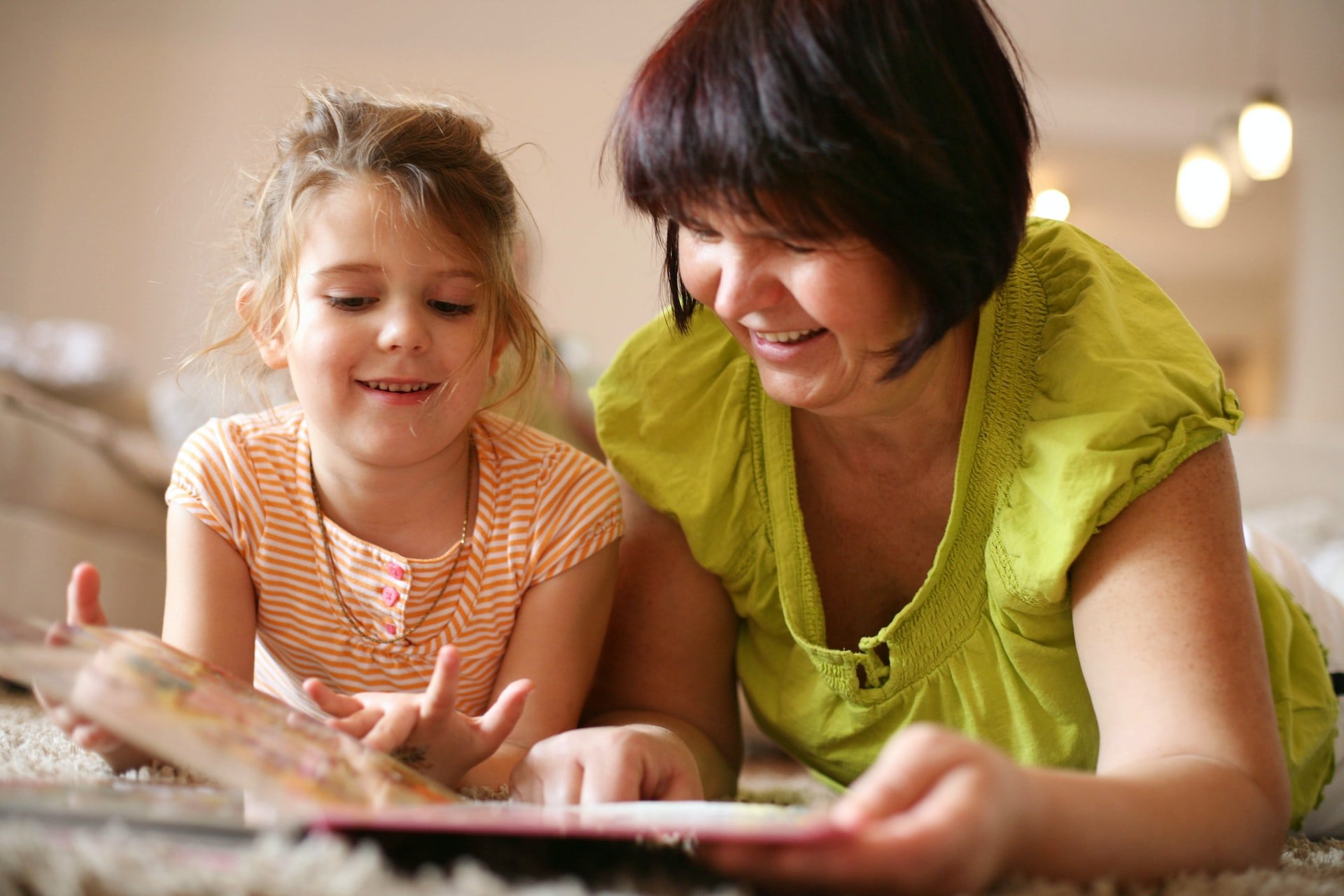 Persistent sadness or agitation. Your child may be experiencing more than just the typical difficulties of childhood if they seem depressed or agitated all the time. Even though mood swings are a normal part of growing up, look out for warning signs that the sadness or irritability goes beyond a phase.
Persistent sadness or agitation. Your child may be experiencing more than just the typical difficulties of childhood if they seem depressed or agitated all the time. Even though mood swings are a normal part of growing up, look out for warning signs that the sadness or irritability goes beyond a phase.
It could be a sign of something more serious if your child finds it difficult to enjoy activities they used to enjoy, loses interest in friends or hobbies, talks negatively about themselves, or exhibits changes in eating or sleeping habits.
Excessive fear or concern. Children who struggle with anxiety may worry or fear excessively about issues that other kids their age wouldn’t even consider. It’s worth looking into further if your child’s fears are making it difficult for them to carry out routine activities or communicate with their friends and family.
Recurring physical complaints. It could be a sign of anxiety or depression if your child frequently complains of physical symptoms like headaches, nausea, and fatigue.
Does your child need child therapy?
Dealing with life’s challenges can be made a lot easier with the help of child therapy. A child counselor can suggest strategies for reducing your child’s anxiety and assisting them in coping during these trying times.
Children who are dealing with mental health problems or traumatic events are not the only ones who benefit from child therapy. Child therapy can help with a variety of issues, such as low self-esteem, trouble in the classroom, and problems in the family.
Child counselors are prepared to assist kids of all ages in overcoming a range of difficulties. Child therapy may be a choice worth considering if you are worried about the development or well-being of your child. Call us today to speak with a counselor at Frisco Christian Counseling and get the support your child needs to thrive.
“Walking on the Beach”, Courtesy of Alexander Grey, Unsplash.com, CC0 License; “Kids”, Courtesy of Annie Spratt, Unsplash.com, CC0 License; “Biker”, Courtesy of 童 彤, Unsplash.com, CC0 License; “Mother and Daughter”, Courtesy of Getty Images, Unsplash.com, Unsplash+ License
- Kate Motaung: Curator
Kate Motaung is the Senior Writer, Editor, and Content Manager for a multi-state company. She is the author of several books including Letters to Grief, 101 Prayers for Comfort in Difficult Times, and A Place to Land: A Story of Longing and Belonging...
DISCLAIMER: THIS ARTICLE DOES NOT PROVIDE MEDICAL ADVICE
Articles are intended for informational purposes only and do not constitute medical advice; the content is not intended to be a substitute for professional medical advice, diagnosis, or treatment. All opinions expressed by authors and quoted sources are their own and do not necessarily reflect the opinions of the editors, publishers or editorial boards of Stone Oak Christian Counseling. This website does not recommend or endorse any specific tests, physicians, products, procedures, opinions, or other information that may be mentioned on the Site. Reliance on any information provided by this website is solely at your own risk.



